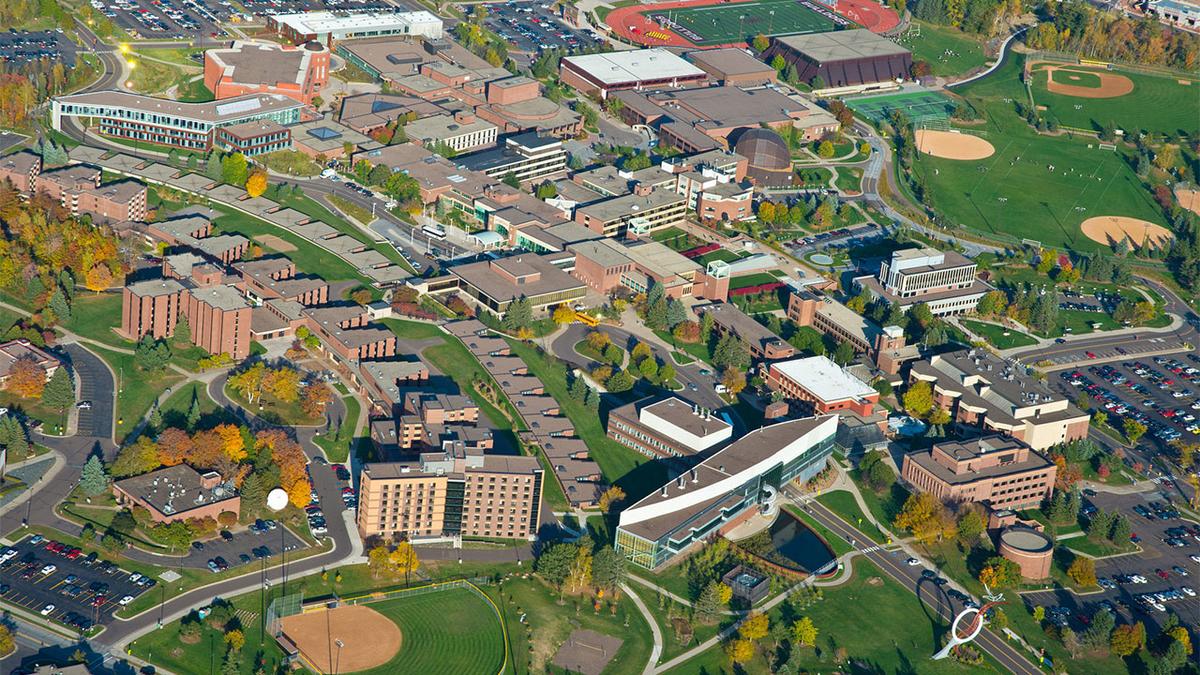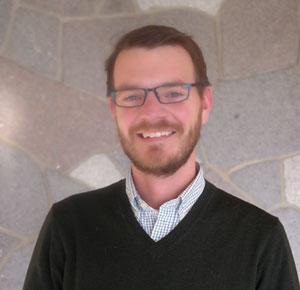UMD Associate Professor of Political Science Jeremy Youde gained national attention this year for an article he wrote about the Ebola crisis in West Africa. Published first in the Washington Post, Youde initiated a discussion across campus and across the nation regarding the fitness of the World Health Organization (WHO) to manage outbreaks of disease.
Initiating a national discussion
“I asked a contact at the Washington Post if it was something they would be interested in publishing, and they were receptive to the idea,” Youde said. “I sent them a draft, and within a few hours it was up online, generating feedback and discussion.”
Youde began following the crisis in its infancy, bringing up the subject with students in his International Relations class in spring 2014. “It was interesting timing; the event began to garner international attention just as I was discussing the topic with my students.”
Youde shared his expertise in global health governance with his fall 2014 students as well. His spring and fall classes followed the Ebola situation as it played out across the world in real time. They discussed the responsiveness of the WHO and other governmental and non-governmental actors to the health crisis.
Striving for campus-wide understanding
The students followed the world news, reading reports from U.S. newspapers, and international news outlets including Al Jazeera. "They got it," Youde said. "They used critical thinking to discover what was actually happening."
Youde also helped inform the campus and the community about developments in the Ebola outbreak. In October 2014, he presented a talk to the campus, "Spacesuits, Secret Serums, and Panic: What the Ebola Outbreak Tells Us about Global Health Governance."
A plethora of problems
For months, Youde was interviewed by news sources across the country as the Ebola epidemic spread. “Many opportunities came out of that first one,” Youde said. “My take was always about the role the WHO played as the crisis evolved.” He answered this question in many ways, bringing the problems plaguing the WHO into public discourse.
“The WHO faced a number of obstacles to mounting an effective response to the Ebola crisis,” Youde said. Local populations were skeptical of anti-disease countermeasures, regional governments acted in ways counteractive to containing and treating the disease, and even the organization of the WHO itself stood in the way of progress on the issue. Communication was poor between the WHO regional centers and WHO headquarters and at first there wasn’t agreement about how to proceed.
Opportunity from adversity
“Now that some time has passed, and the crisis is being managed effectively, we can evaluate the WHO’s role in world health,” Youde said. “I am hopeful that changes will be made for the better, and the organization will come off of this crisis stronger than ever, with more financial support. However, without changes in the WHO, the world may be terribly unprepared for the next outbreak of disease.”

